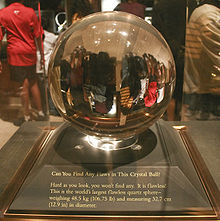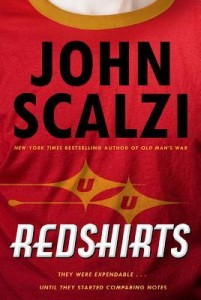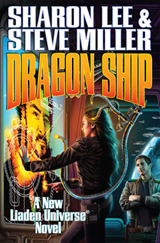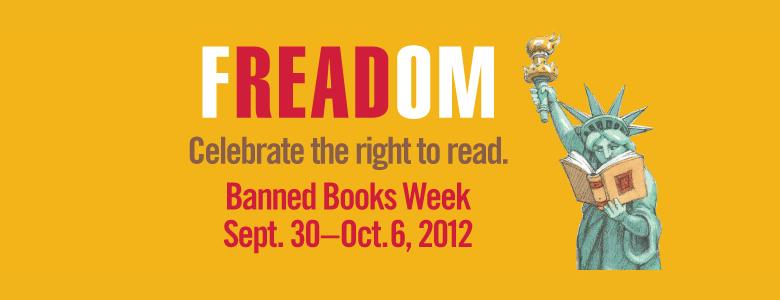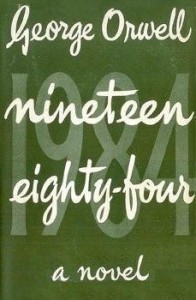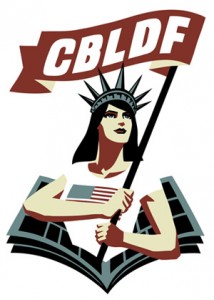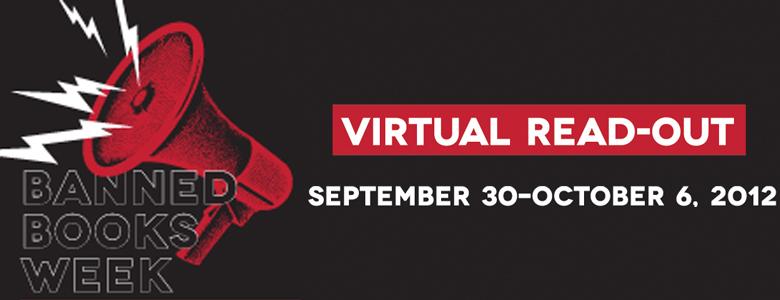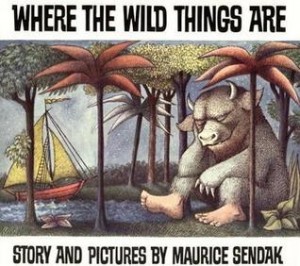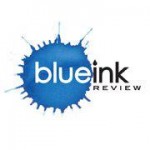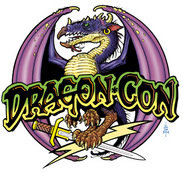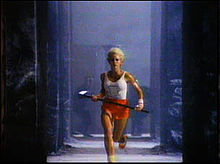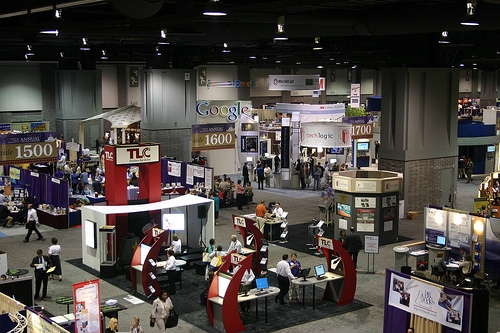 Happy Chrismukkahwanztice Everyone! Regardless of your spiritual persuasion, Chrismukkahwanztice in the United States is essentially a celebration of capitalist excess. One in which gifts are de rigueur. Which really does make this the best time of year for us Book Pushing Book Lovers. Not only do we get lots of books – we get to force them on others! It doesn’t get any better than this!
Happy Chrismukkahwanztice Everyone! Regardless of your spiritual persuasion, Chrismukkahwanztice in the United States is essentially a celebration of capitalist excess. One in which gifts are de rigueur. Which really does make this the best time of year for us Book Pushing Book Lovers. Not only do we get lots of books – we get to force them on others! It doesn’t get any better than this!
In honor of this holiday – and assured that this post won’t go live until after the presents are already opened (no spoilers!) – Reading Reality Proudly Presents: Under Our Tree!
*****
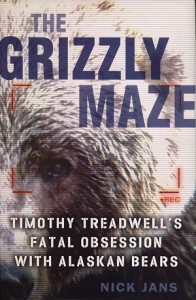 For Mom: This last summer, my mother came to visit me up here in the Frozen North, and all she wanted to do was go rustle up some grizzlies. Ah, how about no? I am exceedingly opposed to being eaten. Tried directing her towards the Live Bear Cams (just as good without being eaten) to no avail. She wants to stalk the grizzlies.
For Mom: This last summer, my mother came to visit me up here in the Frozen North, and all she wanted to do was go rustle up some grizzlies. Ah, how about no? I am exceedingly opposed to being eaten. Tried directing her towards the Live Bear Cams (just as good without being eaten) to no avail. She wants to stalk the grizzlies.
The Grizzly Maze: Timothy Treadwell’s Fatal Obsession With Alaskan Bears by Nick Jans & Grizzly Man (documentary). Happy Holidays, Mom! You’re not allowed back in Alaska until you provide me with a full report of both the book and film (included because there is a recording of his death).
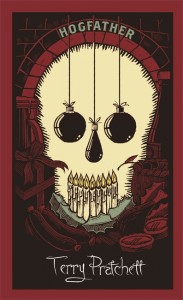 For Cass: Oh come on, you know perfectly well that friends and family have long since learned to adhere to ISBNs when buying books for us Book Hoarders, or just give gift cards. This year I have made a series of extremely special requests from my international contacts.
For Cass: Oh come on, you know perfectly well that friends and family have long since learned to adhere to ISBNs when buying books for us Book Hoarders, or just give gift cards. This year I have made a series of extremely special requests from my international contacts.
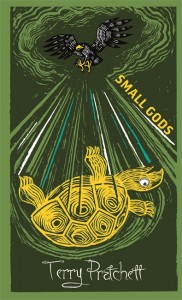 The Terry Pratchett Discworld Collector’s Library! Look at those glorious covers. Not available in the United States. AS IF THAT WOULD STOP ME. Plus, I needed to upgrade to hardcover. I’ve read through three copies each of Hogfather, and Small Gods.
The Terry Pratchett Discworld Collector’s Library! Look at those glorious covers. Not available in the United States. AS IF THAT WOULD STOP ME. Plus, I needed to upgrade to hardcover. I’ve read through three copies each of Hogfather, and Small Gods.
For Grandma & Grandpa: Anyone who has ever lived here in the tundra understands that though we have an overwhelming bounty of fresh fish, we have no decent fruit. At all. By the time it gets here, it’s already going bad. To cope with this disparity, my grandparents and I have come to an understanding. I send them boxes of fresh Alaskan salman, halibut, scallops, and crab, and in return, they send me boxes of fresh apples, peaches, and pears. It really is a beautiful system. Right up until grandpa tells me that he breaded and fried fucking halibut cheeks as though they were goddamn fishsticks!
 The New Alaska Cookbook by Kim Severson. Okay, grandpa? You have no more excuses. If you’re just going to bread and fry everything, I’ll start sending dogfish.
The New Alaska Cookbook by Kim Severson. Okay, grandpa? You have no more excuses. If you’re just going to bread and fry everything, I’ll start sending dogfish.
For Dad: My dad and I share a love for political science fiction. I first introduced him to Robert J. Sawyer with a Father’s Day gift of the Neanderthal Parralax. Which he dearly loved. He’s an easy mark this year.
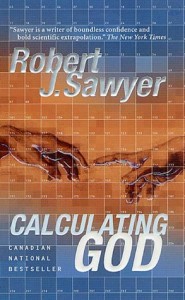 Calculating God by Robert J. Sawyer. Science Fiction for the politically minded atheist! I could have gone with something by Dawkins, but it turns out he’s a misogynist motherfucker. Not giving him any of my money. We’ll try some PZ Meyers or Skepchick swag for your birthday.
Calculating God by Robert J. Sawyer. Science Fiction for the politically minded atheist! I could have gone with something by Dawkins, but it turns out he’s a misogynist motherfucker. Not giving him any of my money. We’ll try some PZ Meyers or Skepchick swag for your birthday.
For Nicki: You are unhealthy invested in Twilight. It’s a sickness that I’ve done my damnedest to cure you of, but just keep falling short. I blame the cocaine in the library books.
Team Human by Justine Larbalestier & Sarah Rees Brennan. Enjoy! Perhaps fiction can reach you in ways the Power & Control Wheel could not.
 For Becky: I know that Pride & Prejudice is your favorite book of all time, and no author could ever compare to Jane Austen. How about we take some Jane Austen and make it aesthetically pleasing since I can’t slog my way through any of it?
For Becky: I know that Pride & Prejudice is your favorite book of all time, and no author could ever compare to Jane Austen. How about we take some Jane Austen and make it aesthetically pleasing since I can’t slog my way through any of it?
Persuasion by Jane Austin via Litographs. That’s right. Your book is on a shirt. How awesome is that?! Just don’t get mad at me if people start squinting at your boobs. And on that note, Susan is getting Alice in Wonderland, and Rachel needs The Great Gatsby…..
*****
How about you? What books are under your tree?


